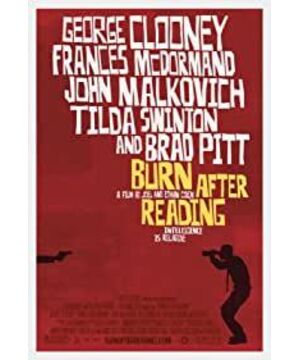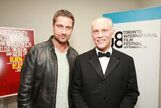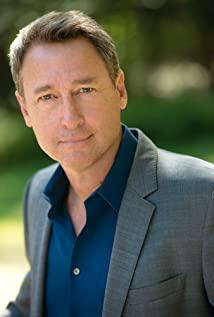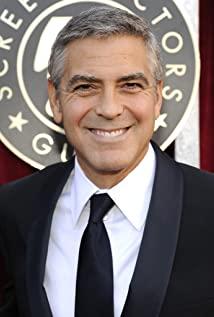dark humor.
I think I understand the meaning of this word, but I am often a little confused. I think I have a good sense of humor, and I have seen a lot of all kinds of humor-likes and dislikes. But when I talk about the four words of black humor, it is difficult to come up with a precise picture or text in my mind, and then say, look, this is black humor.
So when I saw someone saying that "Burn After Reading" is a black humorous movie, I can only say, oh, it seems to be like this. But still can't help but wonder.
This is not a trivial question. In fact, this is the core issue of watching this movie. If anyone is going to watch this movie, my advice is to keep this issue in mind from the beginning. This is derived from my own experience. The result of a cursory glance at the plot introduction was that when I was sitting in the movie theater (what a big “surprisingly”) I thought it was a drama that revealed the secrets of the CIA. Until I woke up, one third of the movie had passed, and I felt somewhat helpless to be molested.
This is a black humorous film, and its main thrust is not any exact subject of human life, but absurdity itself. This is the starting point for all discussions on this film.
But I still feel a little confused in my heart. Even if this is a film about black humor, it must be an unusual one. I didn’t realize that its theme was absurdity rather than reality until one third of it was watched. This fact itself constitutes a sadness. evidence. This is not to say that I was attracted by the plot for the first third of the time. In fact, I was always confused during that time: on the one hand, it was subtly separated from the realist narrative tone, on the other hand. On the other hand, it is so serious that I always feel that the director is still trying to support the rhythm of the narrative, but it is somewhat out of control.
The soundtrack is a good example. The soundtrack of the film was created by Carter Burwell, the old partner of the Coen brothers, and the effect was quite polarized in the comments afterwards. The honourer thinks it perfectly expresses the neurotic atmosphere of the movie, while the ruiner calls it unbearably rude and rude. In terms of my own feelings, for a long time after the movie started, I only felt that the music was too pretentious. Is it necessary to use such an exaggerated volume and rhythm? Is it necessary to match the percussion like "Mission Impossible" in an urban street scene similar to "Notting Hill"?
But it is really a dedicated and well-made soundtrack, not a brass pipe or weird chords that are deliberately promoted, or any other common musical vocabulary that puts the word "humor" on the forehead. It's just a normal movie soundtrack, plus a little exaggeration and a little sense of loss of control.
It wasn't until I finally woke up that there was a slightly reasonable explanation for this exaggeration. ——It's only a little bit. On the other hand, it seemed so decent and decent, almost to the point of irritating people. Since your purpose is absurd, then what are the tense drums that are enough to provoke adrenaline?
This sense of dislocation runs through every aspect of the entire movie. The performances of all the characters present the same style, neurotic, exaggerated, and stupid, but they are not yet completely deconstructed. Some of them performed very well, such as John Malkovich and Brad Pitt, and some performed mediocre, such as George Clooney, but everyone looked like an idiot. Not the cute clowns in fairy tales, not the flesh and blood idiots in the real world, but the overly obvious idiots who have been molded and exaggerated. The same is true for the plot. The various coincidences are obviously too subtle to have any authenticity, but they are not so sophisticated to bring philosophical significance. Many places have a "Tower of Babel" posture, but in "The Tower of Babel" you see When it comes to the director's ambition to establish a philosophical structure, there is only a nakedly fabricated story, that's all.
So the whole movie is permeated with an indescribable sense of artificiality. What you see is not a justified postmodern absurd drama, but a jerky semi-finished product exuding an absurd smell. Here, absurdity is not presented as a result, but felt as a process. You can almost hear the director’s muttering: What kind of music is needed here, what style of performance is needed here, what kind of plot turn is needed here, what kind of burden needs to be added to the lines here, what kind of baggage is needed here? What kind of portrait to put on the wall, and so on. I am really laugh many times, but I really echoed in a line is the heart of the play each role are repeatedly mention: What the fuck (fuck is this what ah?)?
Until I left the cinema I still don’t understand whether the Coen brothers failed to make a serious postmodern film, or this is the effect they are pursuing in their hearts-I admit that this effect is to create a sense of alienation in my heart. The unexpected success. This is not so much a ridiculous movie, as it is, this is a ridiculous movie.
Is it black humor? Maybe.
View more about Burn After Reading reviews










